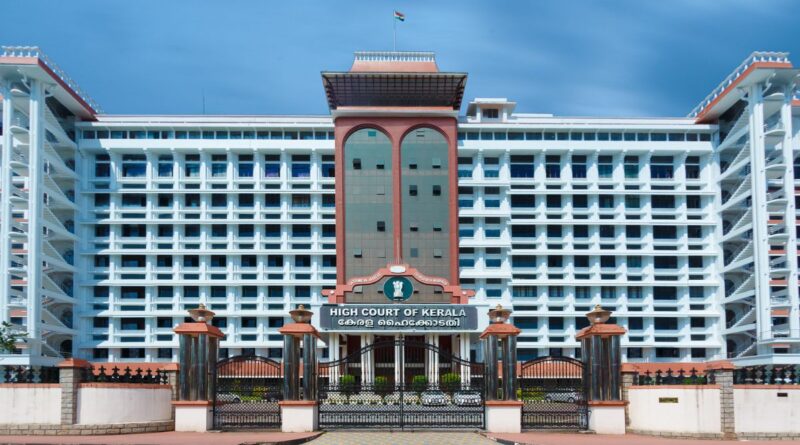Landmark Ruling: Kerala High Court Says Clients in Brothels Liable Under ITP Act
In a significant judgment, the Kerala High Court has ruled that sex workers cannot be treated as commodities, and customers who avail sexual services in brothels can also be prosecuted under the Immoral Traffic (Prevention) Act, 1956 (ITP Act).
Justice V.G. Arun observed that those who pay for sex in brothels are not just passive consumers but active participants in exploitation. He emphasised that sex workers are often forced into the trade through trafficking and should not be seen as products for sale.
Case Background
The case arose from a police raid in Thiruvananthapuram on March 18, 2021, where the petitioner, Sarath Chandran, was found with a woman in a brothel-like setup. Investigations showed that the place was being run as a brothel, charging ₹2,000 per hour, with half the amount given to the women.
Chandran was charged under Sections 3, 4, 5(1)(d), and 7 of the ITP Act. He asked the High Court to quash the case, arguing that he was only a “customer” and not running the establishment.
Arguments
- Petitioner’s side: Customers cannot be booked under Sections 5 or 7 as per earlier judgments.
- Prosecution’s side: The payment itself is inducement, and the charges should be decided at trial.
Court’s Findings
- On customers: “A sex worker cannot be reduced to a product. The payment by a customer is an inducement that forces the worker to offer their body.”
- On liability: Clients in brothels are not mere service-seekers but inducers of prostitution, making them liable under Section 5(1)(d).
Final Ruling
The court quashed charges under Sections 3 and 4 (brothel-keeping and living off prostitution earnings) as Chandran was not managing the premises. However, charges under Sections 5(1)(d) and 7 were upheld, making it clear that customers too can be prosecuted if they exploit sex workers in brothels or prohibited areas.





